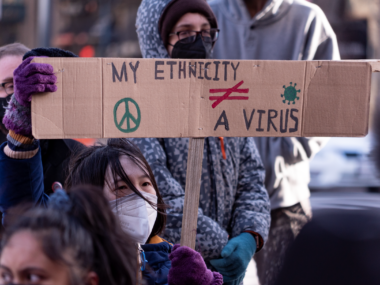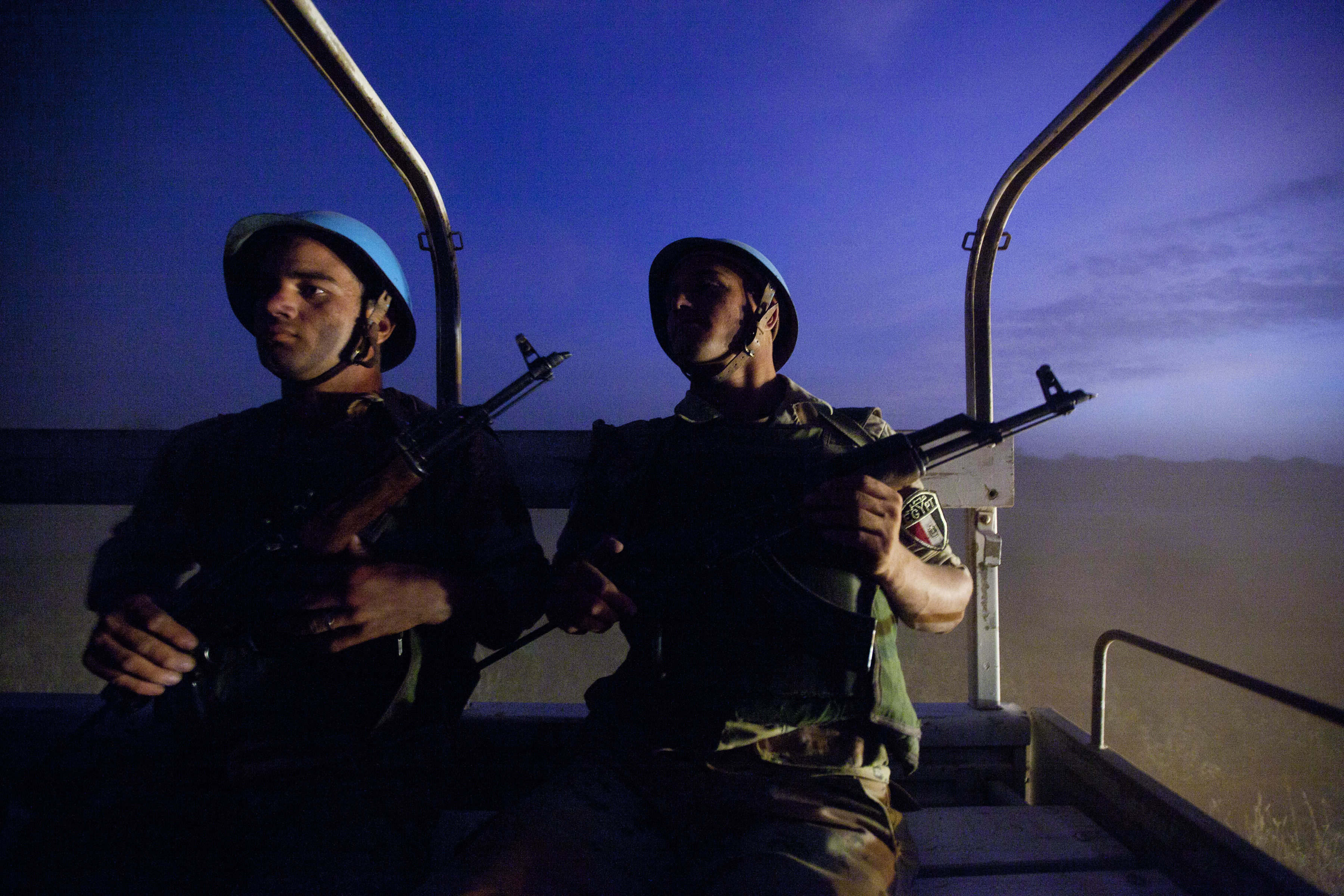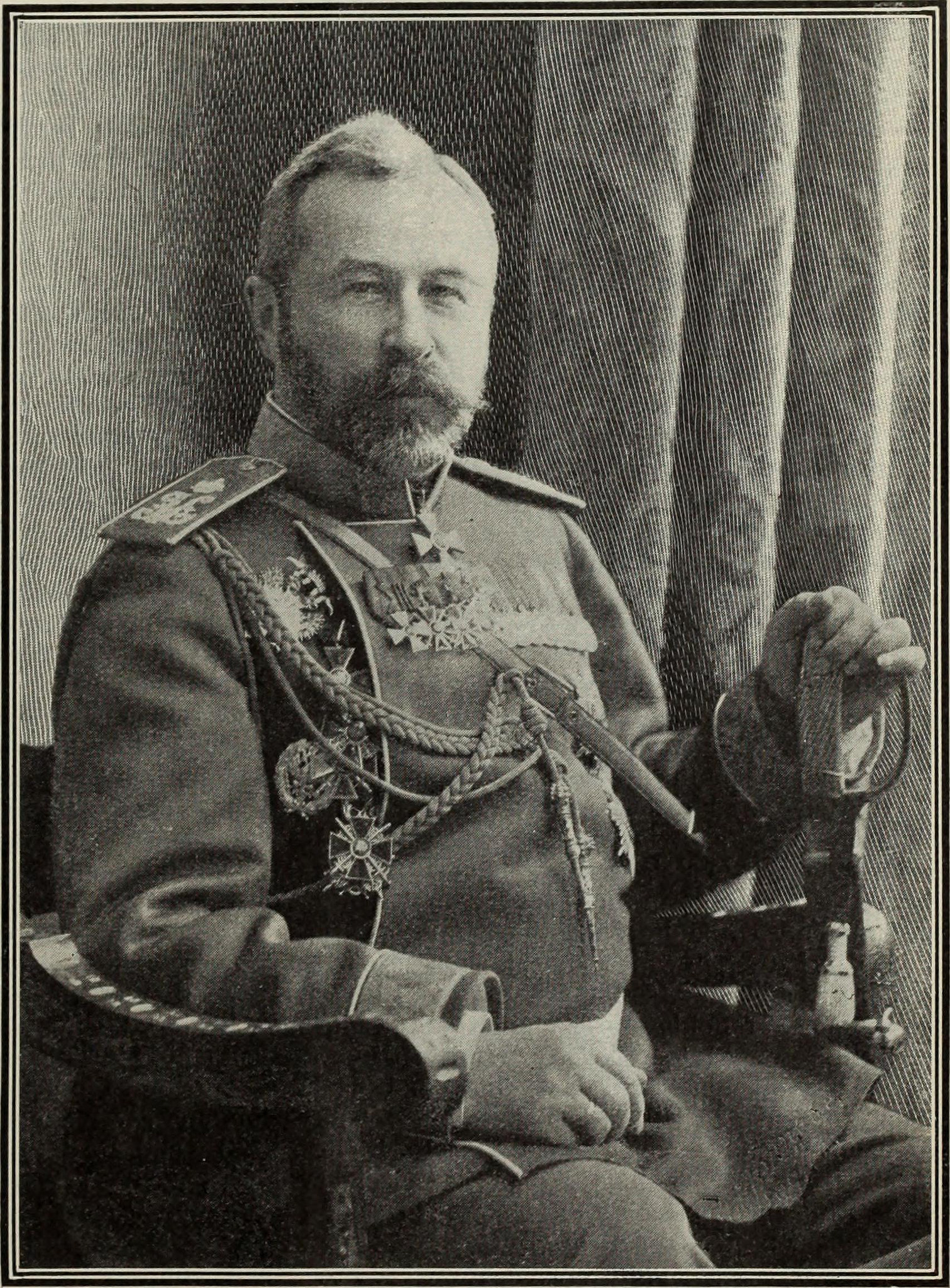Guest post by Carla Martinez Machain, Michael Flynn, and Sam R. Bell.
United Nations peacekeeping forces have proven to be effective at reducing violence and preventing the re-initiation of conflict between warring parties. In spite of these successes, there is also evidence that UN peacekeeping operations can have negative effects on their host states. For example, some peacekeepers have committed horrific sex crimes against the people they are supposed to protect. During the United Nations Mission in Kosovo (UNMIK) in 1999, rights groups found that peacekeepers were not only paying for sex with trafficked individuals, but were themselves directly involved in trafficking. While it’s clear that peacekeeping forces have at times been involved in trafficking, it remains unclear how widespread these problems are and what factors exacerbate or curb these abuses.
Our recent work published by International Studies Quarterly (ungated here) shows that the presence of UN peacekeepers is associated with an increase in the trafficking of individuals for the purposes of forced prostitution. This is a cross-national study (which uses data from Human Trafficking Indicators) in which our results robustly show that the size of a peacekeeping mission is positively related to the probability that a country becomes a destination for sex trafficking. This effect increases the longer the deployment lasts. It is also more pronounced when there are more troop-contributing countries involved in the mission. Importantly, our analysis takes into account several features of the conflict settings in which these deployments occur, meaning that the increase in trafficking isn’t being driven by the conflict setting itself.
The demand for sex work and trafficking
Part of the reason for why a peacekeeping presence leads to increased sex trafficking may be tied to the structure of the deployments. Troops deployed on peacekeeping missions are usually separated from their families or partners for extended periods of time. They are also deployed to areas where general oversight and law enforcement may be lax. Peacekeepers also come to host states with much higher pay than the locals, and often lack the sorts of recreational outlets they may find at home.
These conditions can create an environment in which it becomes easier to violate everyday norms and pay for sex without being detected and punished. While not all peacekeeping personnel are going to engage sex workers, we argue that some subset will. Accordingly, larger deployments simply increase the size of that subset and the pool of potential offenders.
As the pool of potential offenders increases, so too does demand. Some of this demand is met by locals who engage in voluntary sex work (we draw no conclusions about non-forced sex work). Yet, not all individuals can or want to engage in sex work themselves. There is thus an incentive to traffic individuals who can be forced into prostitution, thereby lowering the cost of the labor. Enslaved individuals have no claims to the profit from their labor, thus increasing the traffickers’ profit margin.
Beyond “boys behaving badly”
We argue that this problem goes beyond an influx of military personnel into a country. The problem is exacerbated by the institutional features of UN peacekeeping missions and the length of some peacekeeping operations.
We find that countries hosting peacekeeping operations with a higher number of troop contributing countries have a greater likelihood of being cited as destinations for trafficking. We argue that the more complex structure of these deployments—with overlapping jurisdictions and centers of responsibility—can make it more difficult to identify the offending parties and hold them responsible. While the United Nations has actively investigated peacekeepers engaged in sexual abuse and exploitation, sex trafficking is often harder to detect. Also, the UN is often limited in its ability to punish offenders. While peacekeepers are technically prohibited from paying for sex with locals, some may argue that transactional sex between adults is consensual and, as a result, such infractions are relatively minor compared to crimes like rape. Even under this assumption, paying for sex can become a problem when it creates a market and incentivizes trafficking to meet increased demand.
Allegations of sexual misconduct are usually investigated by a soldier’s home military. Research shows that the consistency with which countries apply sanctions against their soldiers varies widely. In previous instances of peacekeeper involvement in trafficking, there have been very few cases of countries prosecuting their nationals. Doing so would apply the stigma of sexual exploitation and abuse to that country, and could mean the loss of lucrative peacekeeping contracts in the future.
We also find that longer duration peacekeeping operations exacerbate these dynamics. Given the risk associated with human trafficking, as well as the resources required to establish trafficking routes, we argue that traffickers view longer-duration deployments as a more stable market and worthwhile investment.
When we repeated our analysis looking at United States military deployments instead of UN deployments we found that US troops have no such effect on sex trafficking. We attribute this difference in part to clearer jurisdictions of responsibility and stronger oversight that US forces have, as compared to UN peacekeepers. Importantly, while US military personnel have been associated with sexual exploitation and abuse in the past, pressure from host-state governments caused the US to address these problems, suggesting reforms are possible.
Where do we go from here?
This work presents some difficult and disheartening findings. While these findings do not negate the importance or effectiveness of peacekeeping operations in saving lives and preventing the reemergence of conflict, they do highlight one major area in which peacekeeping operations need fixing.
Importantly, existing work shows that some countries’ forces are more likely to engage in sexual abuse and exploitation, while others have argued that more female peacekeepers ameliorates conditions that promote trafficking. Considering such factors can allow the international community to identify the specific ways to address this troubling connection and make sure that those who are most vulnerable are best protected. Recognizing and addressing this problem is something that the international community owes to the victims of trafficking.
Carla Martinez Machain is an associate professor at Kansas State University. You can follow her on Twitter @carlammm. Michael Flynn is an associate professor of political science at Kansas State University. You can follow him on Twitter @meflynnpolsci. Sam R. Bell is a professor of political science at Kansas State University.







